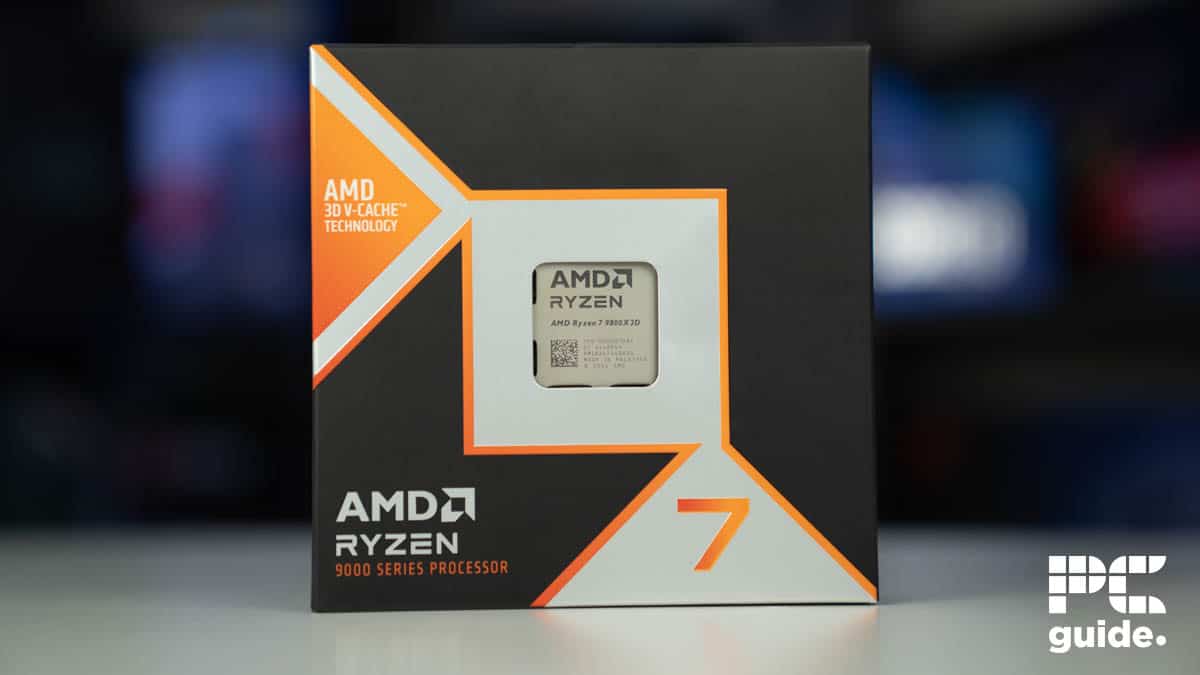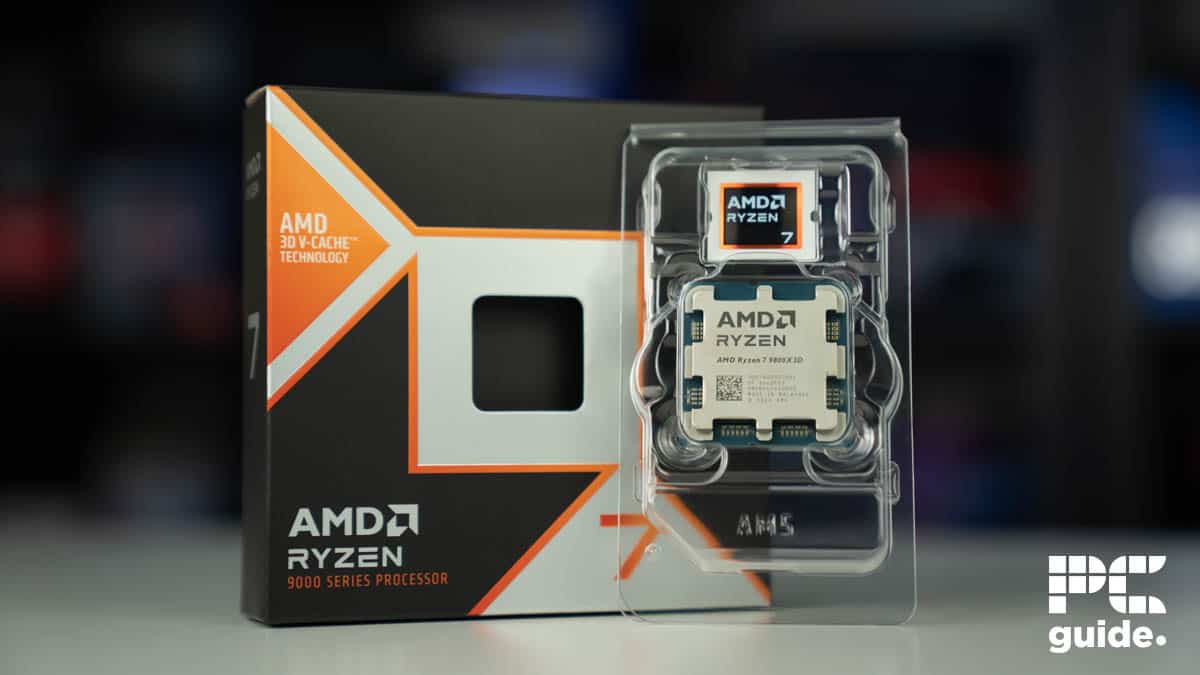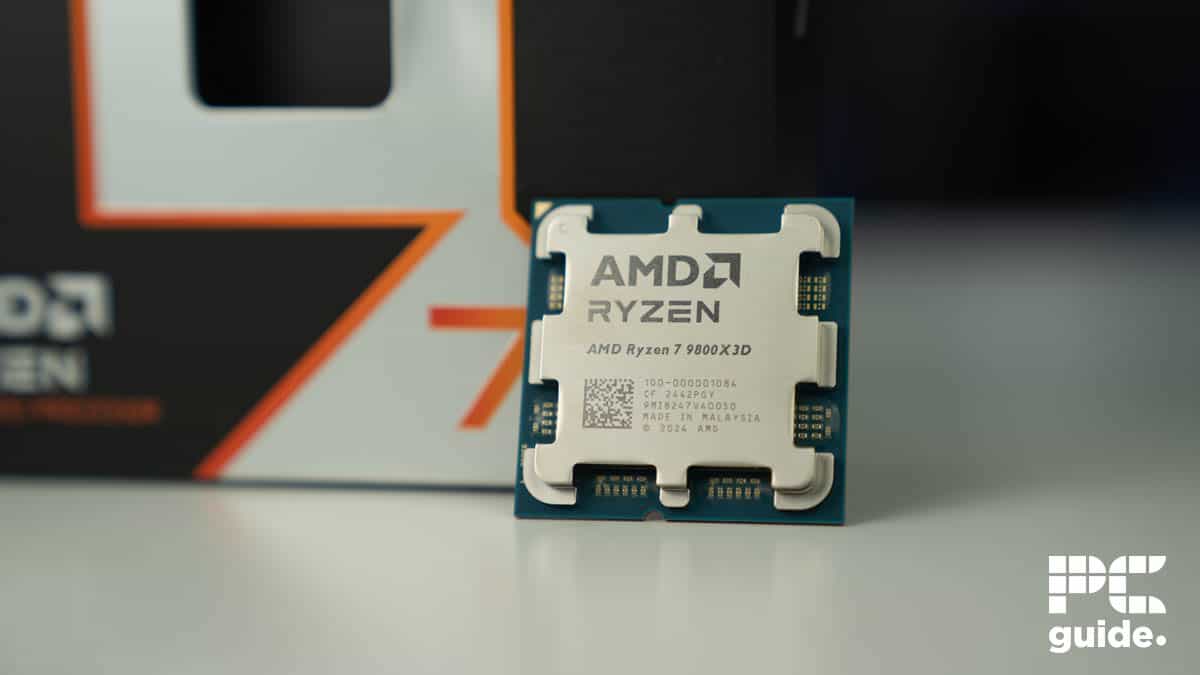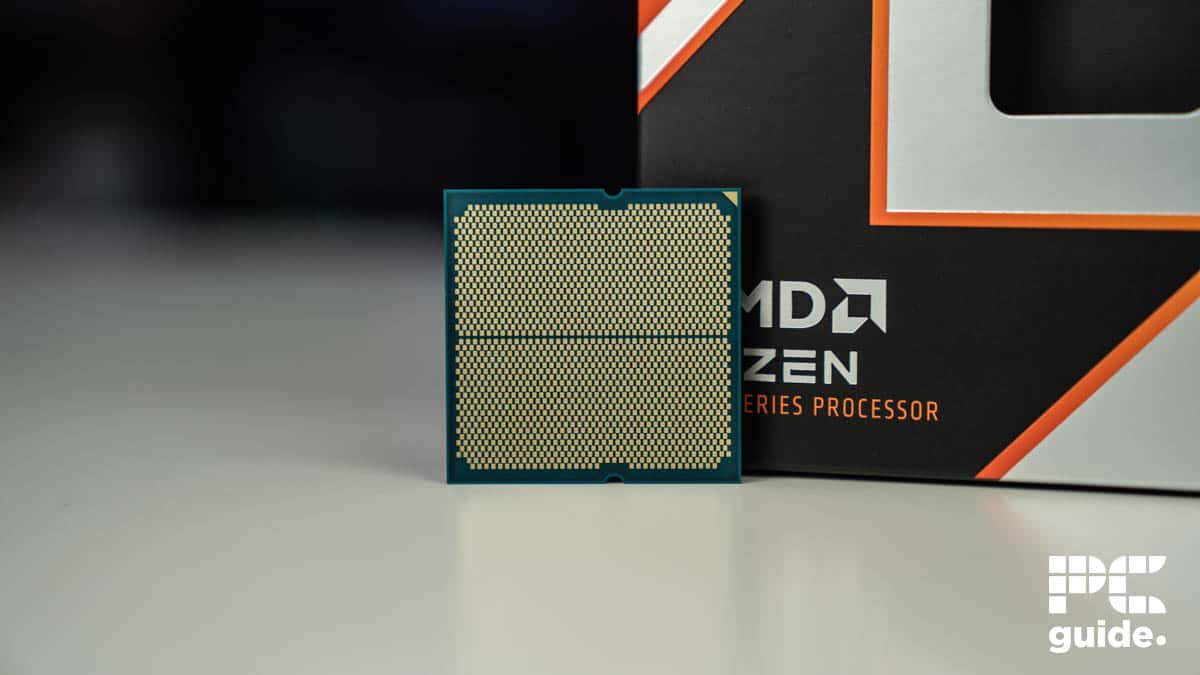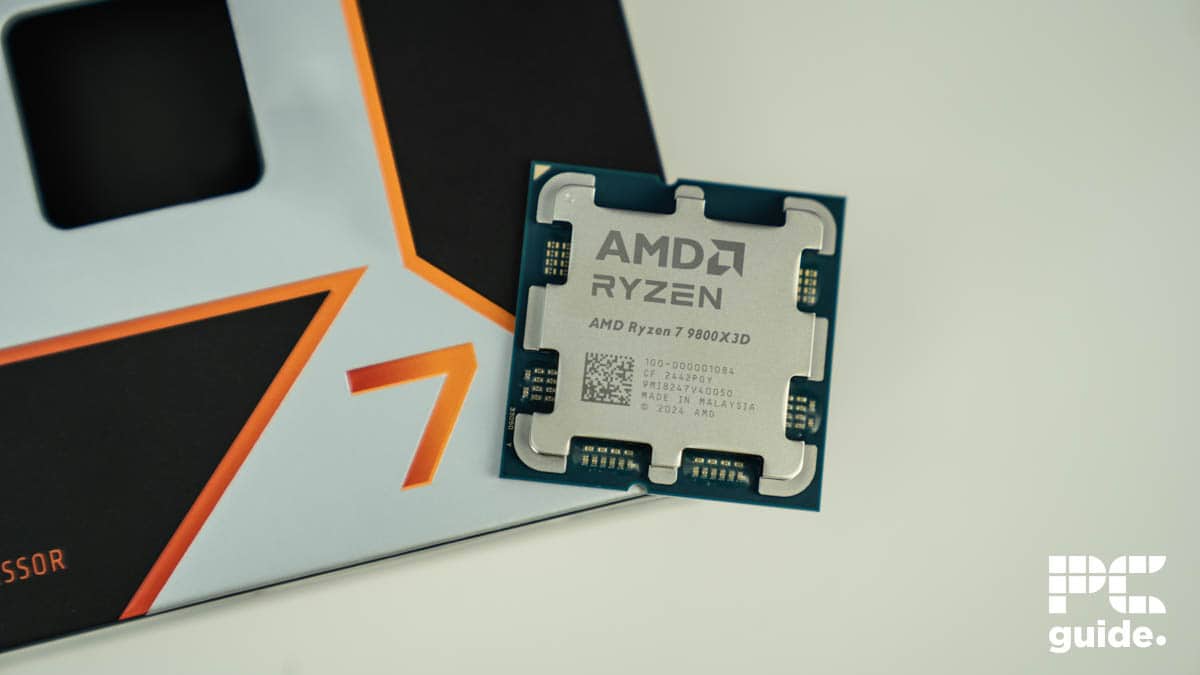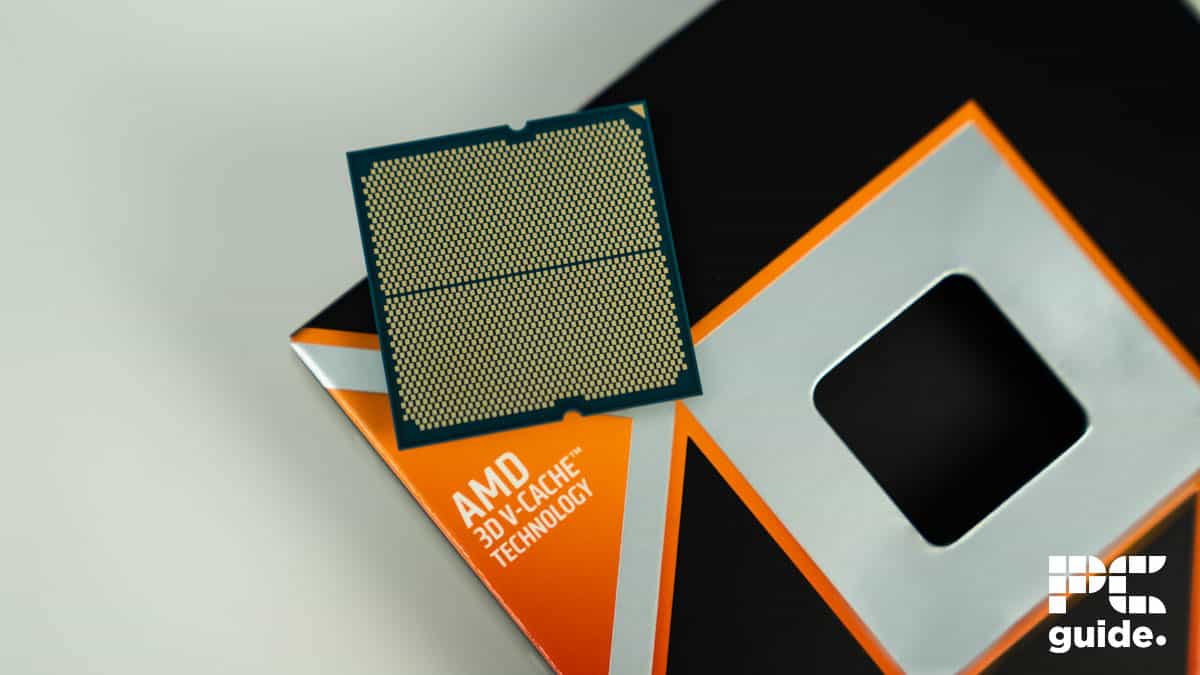9800X3D is still the gaming CPU to go for despite AMD’s 9950X3D reveal – here’s why
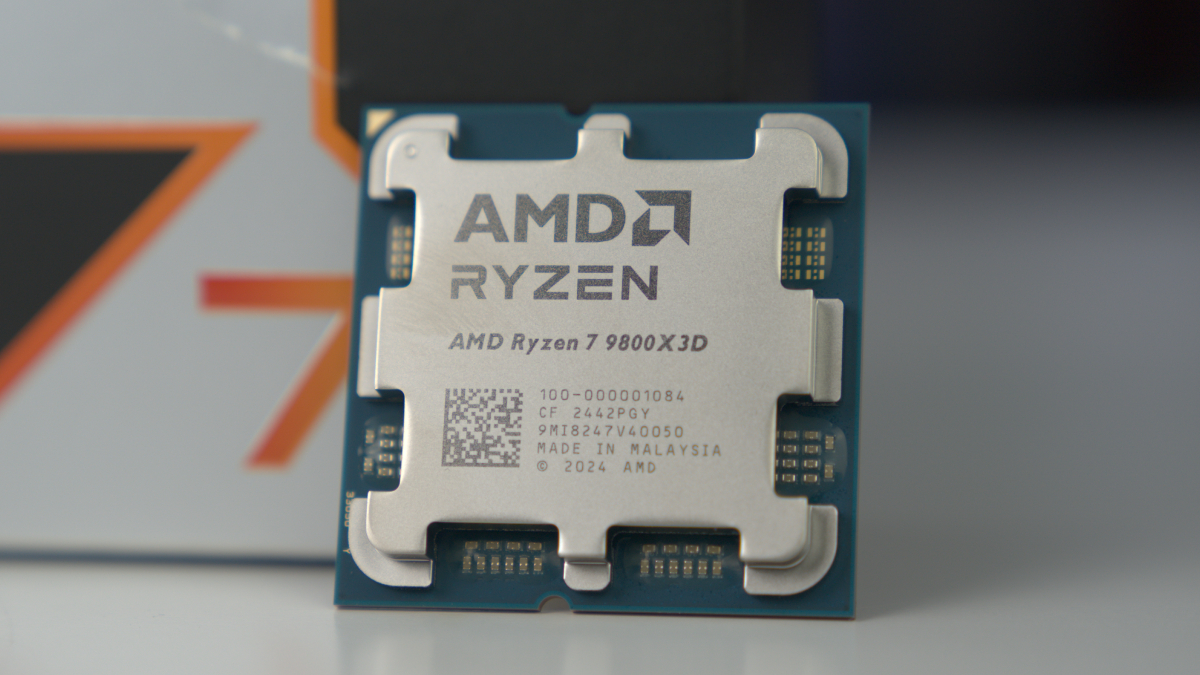
Table of Contents
AMD launched the Ryzen 7 9800X3D as the best gaming processor in 2024, and the chip truly lived up to that title by offering gamers some of the best FPS in games and outshining every other chip on the market by a significant margin. However, we had a feeling two more X3D chips in the 9000 series were just around the corner and here they are.
At CES 2025, AMD unveiled the new Ryzen 9 9900X3D and 9950X3D desktop processors, delivering unprecedented performance. The company is positioning the Ryzen 9 9950X3D as the ultimate choice for gamers seeking high-fidelity gaming experiences, as well as for professionals who require powerful performance for demanding creative workloads.
Prime Day may have closed its doors, but that hasn't stopped great deals from landing on the web's biggest online retailer. Here are all the best last chance savings from this year's Prime event.
- Sapphire 11348-03-20G Pulse AMD Radeon™ RX 9070 XT Was $779 Now $719
- AMD Ryzen 7 7800X3D 8-Core, 16-Thread Desktop Processor Was $449 Now $341
- Skytech King 95 Gaming PC Desktop, Ryzen 7 9800X3D 4.7 GHz Was $2,899 Now $2,599
- LG 77-Inch Class OLED evo AI 4K C5 Series Smart TV Was $3,696 Now $2,996
- AOC Laptop Computer 16GB RAM 512GB SSD Was $360.99 Now $306.84
- Lexar 2TB NM1090 w/HeatSink SSD PCIe Gen5x4 NVMe M.2 Was $281.97 Now $214.98
- Apple Watch Series 10 GPS + Cellular 42mm case Smartwatch Was $499.99 Now $379.99
- AMD Ryzen 9 5950X 16-core, 32-thread unlocked desktop processor Was $3199.99 Now $279.99
- Garmin vívoactive 5, Health and Fitness GPS Smartwatch Was $299.99 Now $190
*Prices and savings subject to change. Click through to get the current prices.
While the three SKUs cater to different needs – with the 9800X3D offering the best value at a more reasonable price, the 9950X3D delivering absolute top-tier performance, and the 9900X3D bridging the gap – the Ryzen 7 9800X3D still appears to hold the crown as the king of gaming CPUs. The Ryzen 9 9950X3D, with its 16 Zen 5 cores, a maximum boost frequency of 5.7 GHz, and an impressive 144 MB of 2nd-gen AMD V-Cache, may claim the title of the “world’s best 16-core processor for gaming.” But we don't believe this chip offers enough to justify upgrading from the 9800X3D if gaming is your sole focus.

- Cores: 8
- Threads: 16
- Boost clock speed: 5.2GHz
- Base clock speed: 4.7GHz
- L3 cache: 96MB
- TDP: 120W
- Platform: AM5
Ryzen 9 9950X3D is more powerful than the 9800X3D, at least on paper
The specifications of the latest Ryzen 9 9950X3D make it an absolute powerhouse, easily surpassing the Ryzen 7 9800X3D in nearly all technical aspects. It features 8 additional physical cores and 16 more threads, bringing the total to 16 cores and 32 threads. The chip also boasts a massive 144 MB of cache, 40 MB more than the 9800X3D, providing a significant advantage in memory-intensive tasks. With everything taken to the next level, the TDP has increased to 170W, and the maximum boost frequency reaches an impressive 5.7 GHz – 500 MHz higher than the 9800X3D's 5.2 GHz boost frequency.
| Model | Cores / Threads | Boost / Base Frequency | Total Cache | PCIe | TDP |
|---|---|---|---|---|---|
| AMD Ryzen 9 9950X3D | 16C / 32T | Up to 5.7 / 4.3 GHz | 144 MB | Gen 5 | 170W |
| AMD Ryzen 9 9900X3D | 12C / 24T | Up to 5.5 / 4.4 GHz | 140 MB | Gen 5 | 120W |
| AMD Ryzen 7 9800X3D | 8C / 16T | Up to 5.2 / 4.7 GHz | 104 MB | Gen 5 | 120W |
Judging by its heavy-hitting specifications, it’s safe to say that the Ryzen 9 9950X3D is poised to deliver solid performance in virtually any task. But does this mean the Ryzen 7 9800X3D will lose its status as the best gaming CPU? I highly doubt it. There isn't a compelling highlight that would justify upgrading for most gamers.
From what we know so far, the 3D V-Cache applies to all 8 cores of the 9800X3D’s single CCD – just like last gen, whereas the Ryzen 9 models will offer two CCDs each, but only one of them will have 3D V-Cache. So, in effect, the 9950X3D should perform more or less the same for gaming, while the 9900X3D could perform even worse (as it is split into two 6-core CDDs). On top of that, the 9800XD can be overclocked, unlike its predecessor, allowing for greater performance if you wish to push it.
We’re big fans of the 9800X3D, and as demonstrated in our hands-on review tests and benchmarks, it effortlessly handles modern AAA titles like Cyberpunk 2077 and Counter-Strike 2. Beyond its impressive performance, the 9800X3D is also a future-proof chip. Pairing it with a powerful GPU, such as one from NVIDIA’s latest RTX 50 series, ensures your gaming rig will be ready to tackle anything for years to come.
Who should go for the 9950X3D?
The Ryzen 9 9950X3D is an excellent choice for both gamers and creators, offering exceptional performance across a wide range of tasks. Its outstanding multi-core capabilities, combined with impressive single-core performance, make it a solid option for users who demand versatility and top-tier performance for productivity. That said, the Ryzen 7 9800X3D is also no slouch when it comes to productivity. Benchmarks show a significant uplift over its predecessor, the 7800X3D, making it capable of handling lightweight workstation tasks effectively.
For us, the Ryzen 9 9950X3D is worth considering if you want plenty of overhead beyond the 8-core X3D gaming CCD. However, if your primary focus is the best gaming performance, there's absolutely no reason to upgrade above the 9800X3D. As for pricing, we don't have concrete details yet. If we had to make a guess, considering the Ryzen 7 9800X3D launched at a similar price as its predecessor (albeit $30 more), it's reasonable to estimate the 9950X3D might land around $699.


